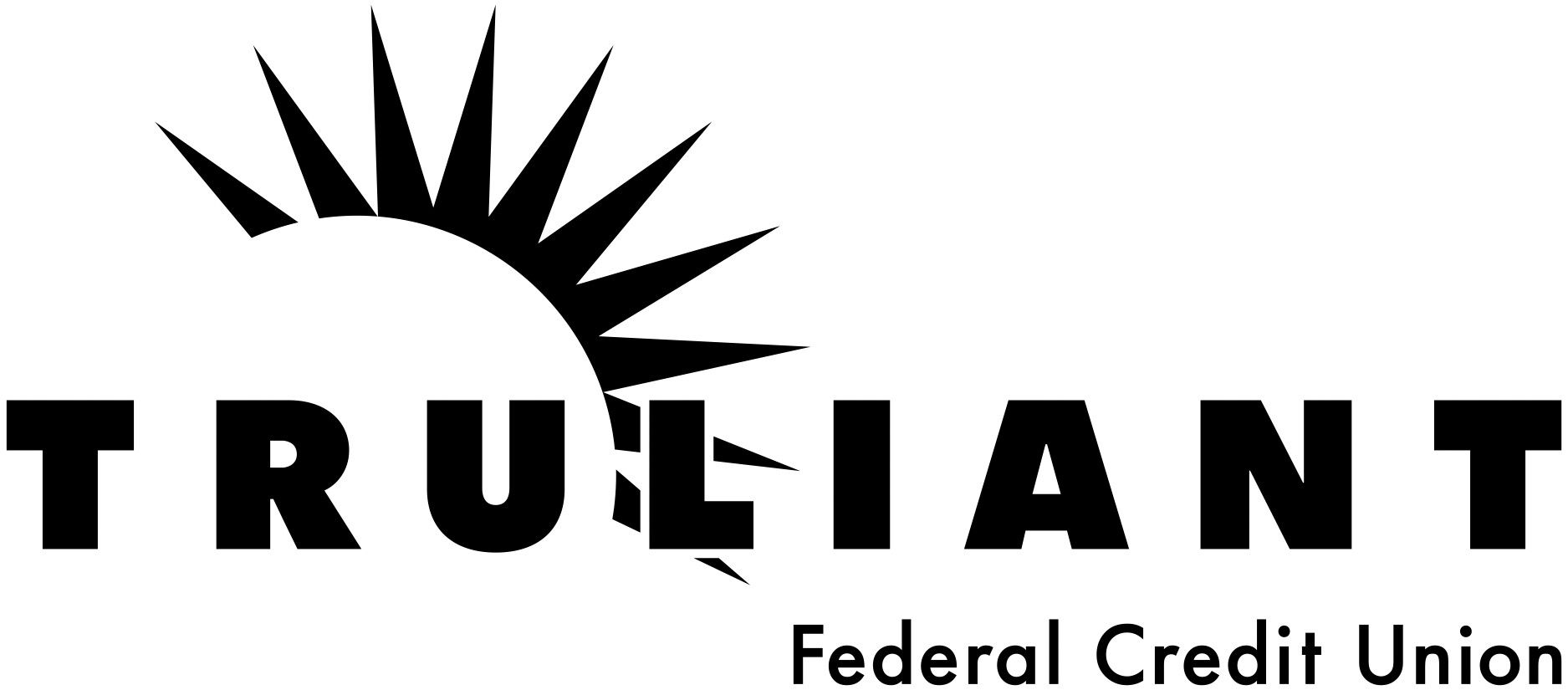Home Equity Loan vs Line of Credit

HELOC Versus the Home Equity Loan: Which Is Right for You?
Leveraging the equity in your home can be an excellent way to access funds at a low rate when you need to upgrade, pay school, to pay off high-interest debt or almost any other large expense. Sounds great, right? Now it comes down to choosing between a home equity line of credit and a home equity loan. If are not familiar with how these options work, we will break down the differences, and pros and cons of each, below.
Understanding the Home Equity Line of Credit
A home equity line of credit, also known as a HELOC, is a revolving credit line that is secured by the equity in your home. When you are approved, you have immediate access to the funds, up to the approved limit. You can use some or all of the line and you only pay back what you borrow – it’s very similar to the way a credit card works. With a credit union line of credit, Truliant lets you borrow up to 85% of your home’s value; other lenders may vary. Let’s say your home is worth $300,000, and you owe $100,000 on your mortgage. You would multiply the value of your home by 85%, and subtract the amount remaining on your mortgage to determine the amount of equity you could apply for. In this example, you would be able to apply for a HELOC in the amount of $155,000.
The HELOC rate is variable, meaning that it will change with the prime rate. Additionally, you will typically have a limited amount of time to withdraw the funds for use. This makes sense, as the total amount of credit you are given is based on the ever-changing price of your house. A HELOC usually involves additional closing and other transaction costs, again, which can vary by lender. When you choose a Truliant Federal Credit Union line of credit, we make it easy for you. Our member specialists are happy to assist and answer any question you have.
Understanding the Home Equity Loan
A home equity loan features a fixed rate and you get the full amount borrowed funded upon approval. Thus, it’s closer to a secured loan with your home as collateral. The typical repayment period ranges from five to 20 years, and the terms usually consist of equal monthly payments.
Typically, home equity loans are best when you have a fixed expense like a wedding, high-interest debt, a vacation or a firm cost on home renovations. A HELOC is great for ongoing costs like tuition and major home improvements.
The Two Key Differences between a Home Equity Line of Credit and a Home Equity Loan:
Key Difference #1: Money on Demand versus Lump-Sum Funding
A HELOC gives you the option to use the line of credit, but you are not obligated. The money in your account is always there if something comes up, though, and it can be an effective emergency line if you are hit with some unforeseen expenses. A home equity loan is funded up front, in one lump sum. Thus, you are responsible for paying it back in equal monthly installments. Unlike a HELOC, there is no "use it or lose it" window attached. If you are absolutely certain that you're going to use the money, then this can often be the easier way to go.
Key Difference #2: Changing Interest Rates
A home equity line of credit is all about flexibility. That flexibility, however, often applies to your HELOC's interest rate. Lenders want to charge you a variable rate because economic conditions can fluctuate so widely over time. Benchmark rates can rise quickly, but they can also drop quite fast. Home equity loans offer convenience in a fixed rate and fixed monthly payments. They usually come with repayment terms between five and 30 years where you will never have to worry about rising interest rates, since your rate and payment are locked in.
When considering a home equity loan or credit line, make sure that you can manage it responsibly, as with any loan. While home equity rates are very low, your home secures the loan. If you do not pay it back, your lender may foreclose or force you to sell your home to satisfy the debt.
If you would like to learn more, or are not sure which home equity solution is best for you, Truliant is happy to provide some guidance. Check our latest home equity rates and details, or give us a call at 800.822.0382.





